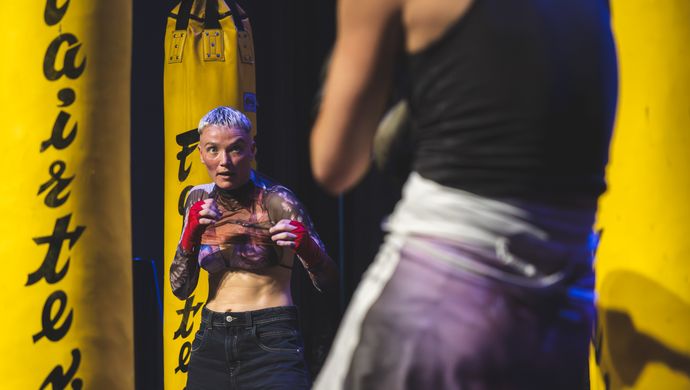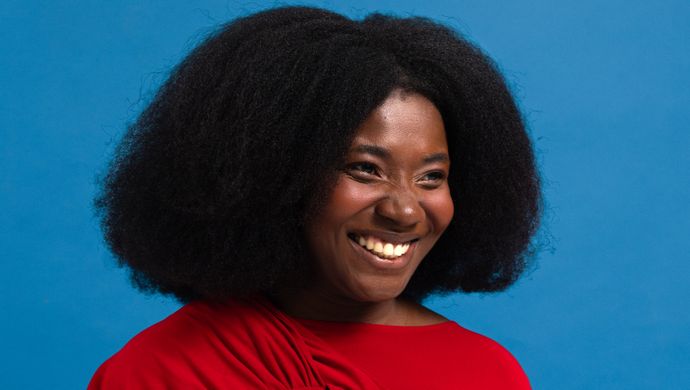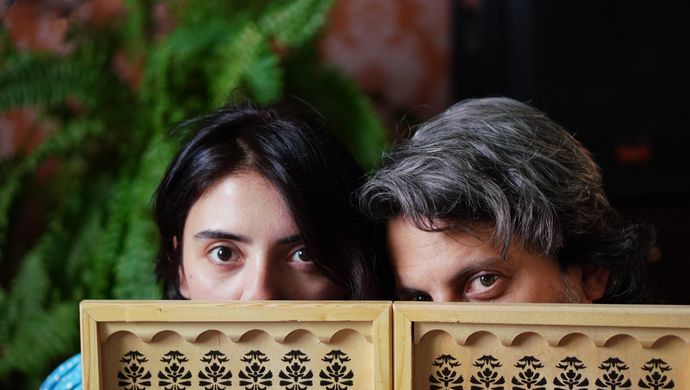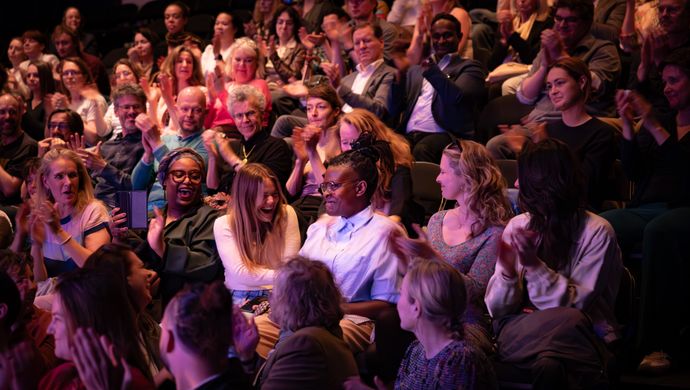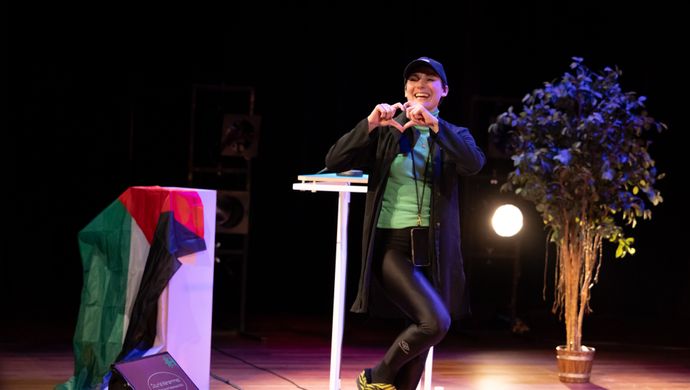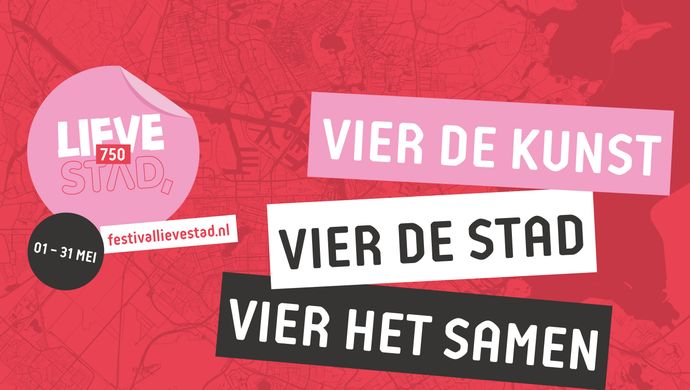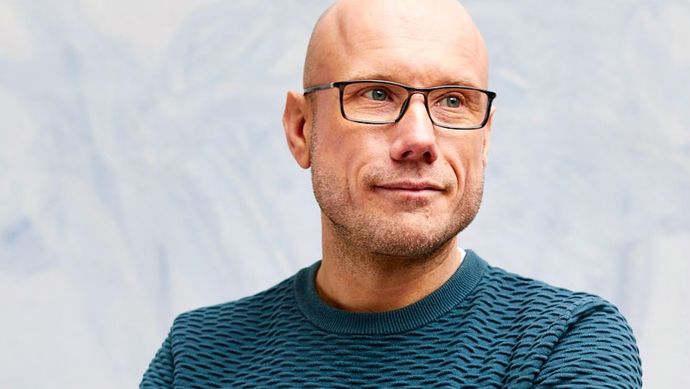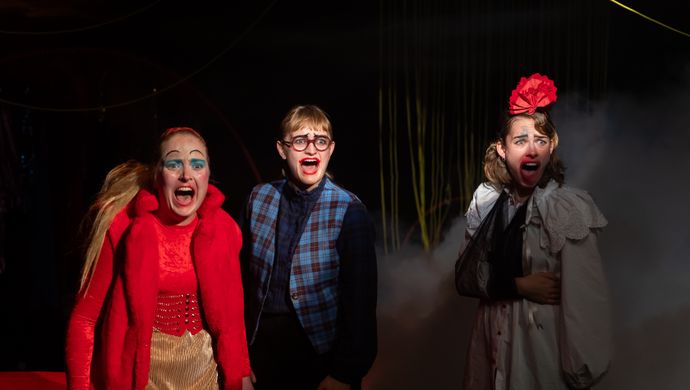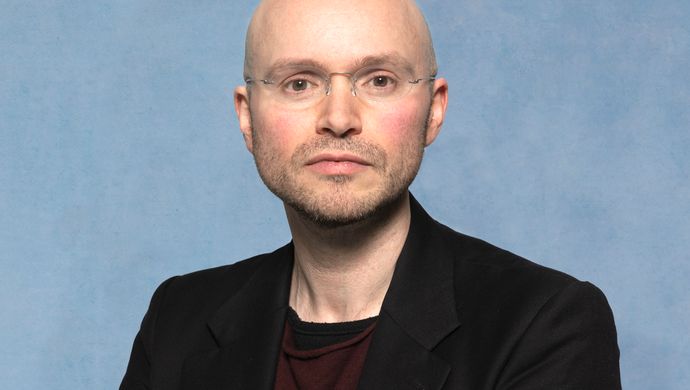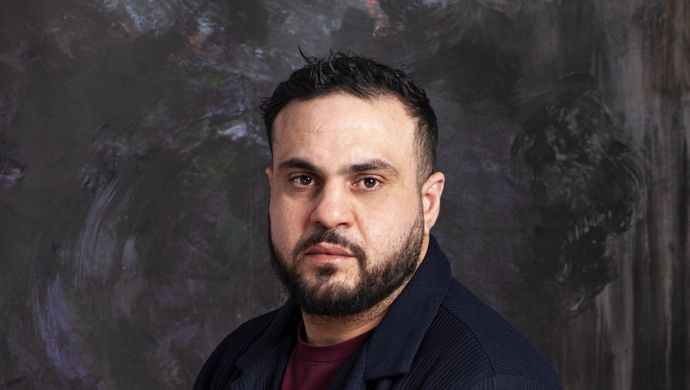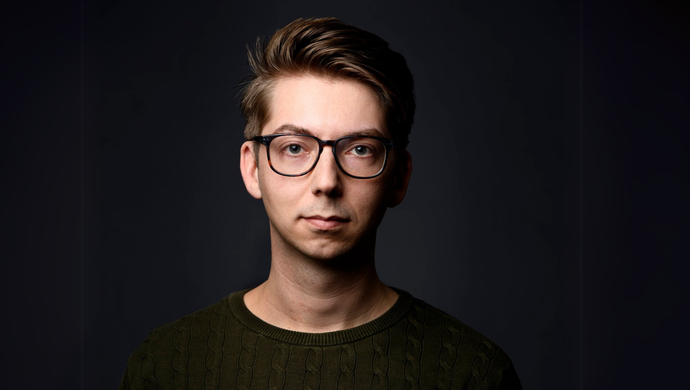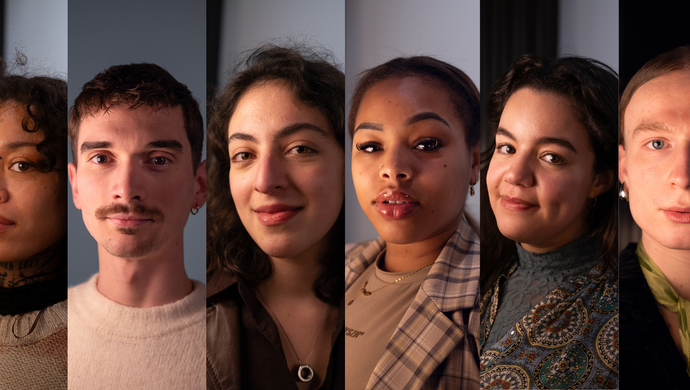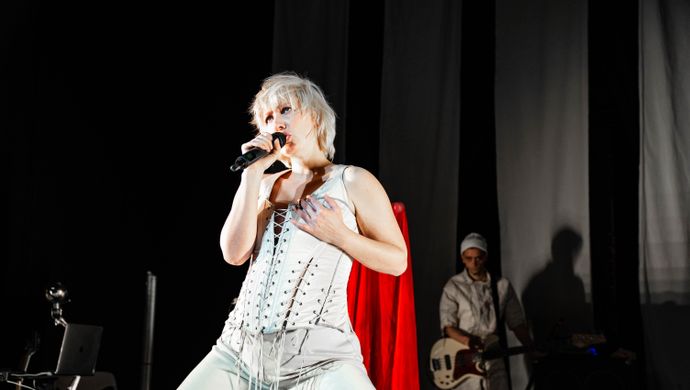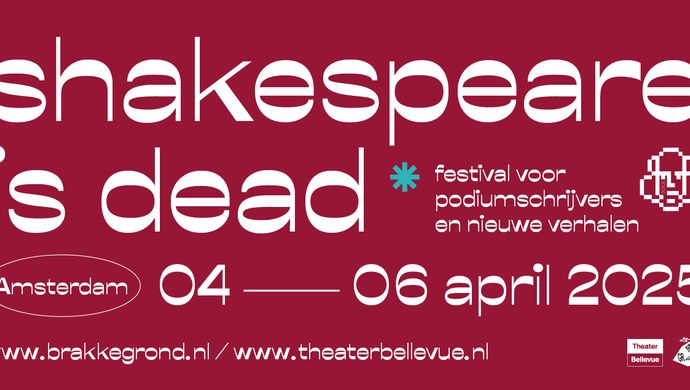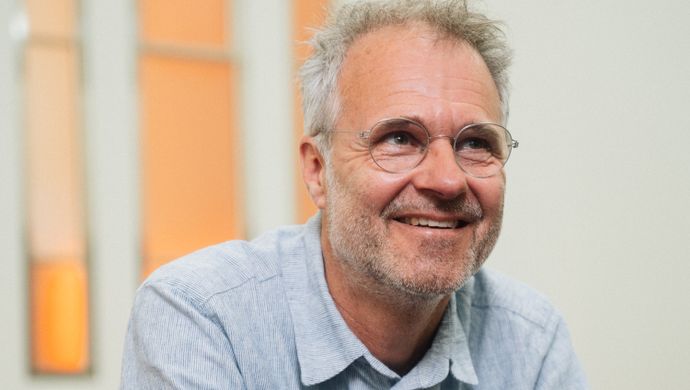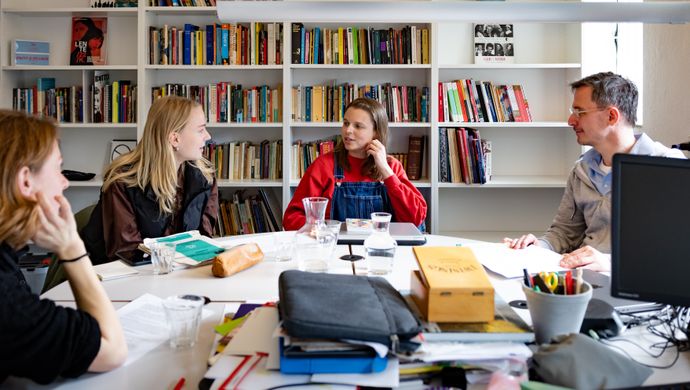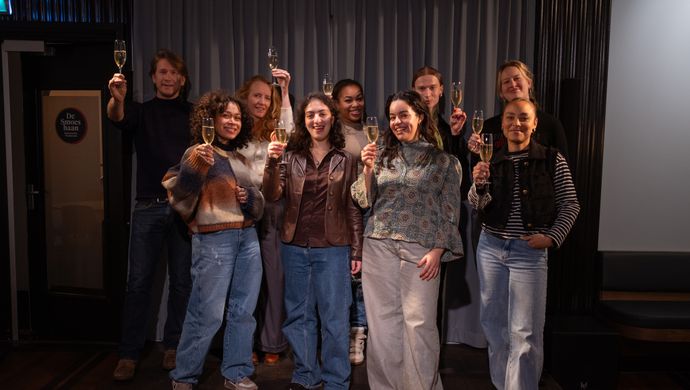
Dramaturg Eylül Fidan Akıncı over Coerced & Freely Given
“Because emotion’s just so terrifying the world refuses to believe that it can be pursued as discipline, as form.” –Chris Kraus
There are so many languages hidden in this performance. For there are so many texts that inspire and infiltrate into its poetic weave, and as many speakers who were invested in its making process. There are thoughts and speech acts in different mother tongues that are nested in the global compromise of English. If you listen closely to the slips and silences, or try reading the lines out loud, you may hear the unsettled translations. Speaking of hidden languages–the title Coerced & Freely Given hints at legalese. In legal terms, what can be coerced or freely given is consent, often invoked to determine the circumstances of intimacy and power between people. But the consent that Merel Severs refers to is different.
What this consent belongs to hides from plain sight but sits right here among us: The world we live in. Its pains, vices, and incongruousness in handing them out are so limitless that naming them or depicting them ends up being completely disheartening or banal. The things we see and hear on stage dance around an invisible mountain of misery, without needing to enlighten or convince us of its existence. Instead, the proverbial villain seems to be that very knowledge itself–our being overdosed on it. We are forced to accept or willingly embrace a fiction that cloaks as inevitable, a screen to negotiate our relative security with assaults on our conscience on a daily basis, a mantra to somehow continue without going batshit crazy. We know it all about the world and nevertheless continue as if we didn’t, and we call that artifice “the reality.” And it depends on, yes you guessed it, our consent.
Merel already urged us: Try not to know what you know. Now she is done with imploring; now she erodes the object and the means of that consent. What starts as a tacky mirroring of immediate reality, with all the gestures and words that construct it, soon gets taken apart blow after blow. The outcome of fighting is not simply empowerment, if at all, but the demolition of righteousness, identity, and self-enclosure for the fighter herself. The fight, then, becomes a form of reaching outside one’s body, to the other, to us. The tense, excited, fatigued flesh carries an urgency of truth that interrupts our tacit agreement about civility. The well-disciplined expression of rage becomes an act of surrogacy–how feminine–for a violent response that we rarely claim the license for. Surely, it is possible to feel implied as though this aggression was directed not on behalf of us, but at us. But then so may its exhaustion, so may its mutation into a new opening.
What this new opening could mean is left to the power of your imagination, and it is a candid invitation: Will you allow this poetic machine work on your sense organs without relying on grammars of recognizability? What does it let you utter inside your body? How would you deal with losing the contours of individuality and being a part of a yet unknown community? How would you build a home in a language to come? How will you grieve the certainty of powerlessness, of being inconsequential, and arrive at care ever unfinished?
Eylül Fidan Akıncı
Dramaturg Theater a/d Rijn



